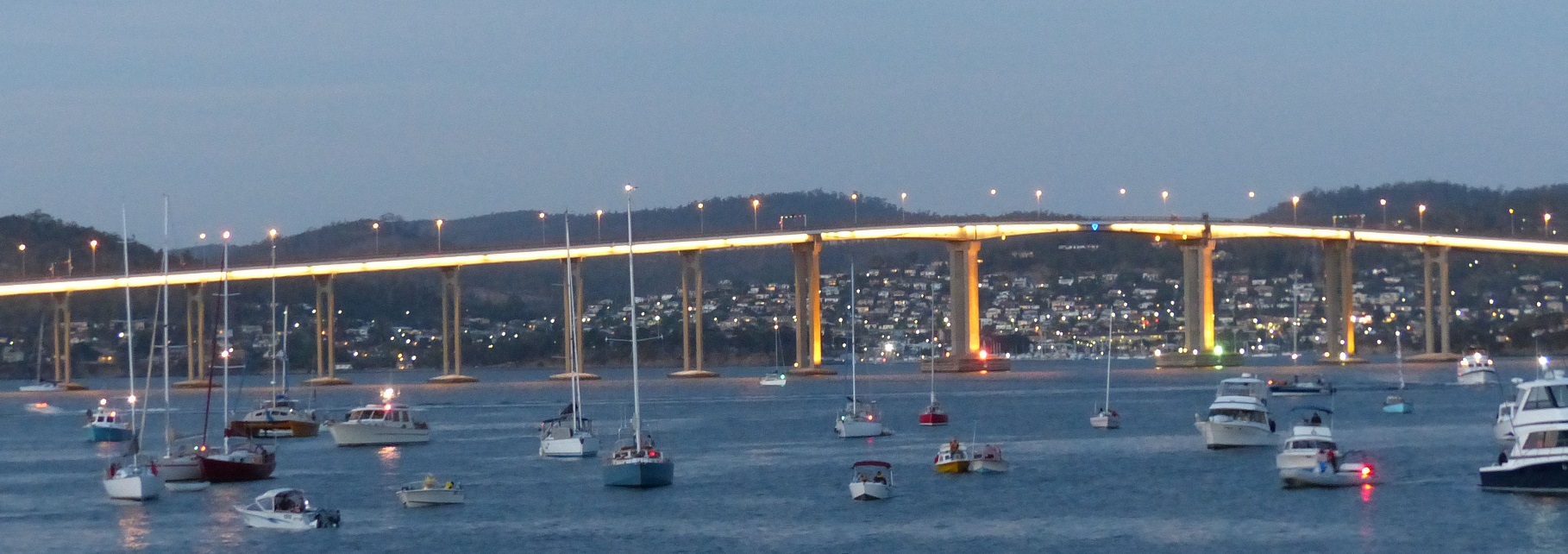In October 1947 the first group of 280 Polish ex-servicemen – the so called “Rats of Tobruk” from the Carpathian Brigade – came to the Hydro-Electric Commission’s construction camps in central Tasmania to start work. It was the first organised group of non-British migrants contracted and sponsored by the Australian Government. This group was followed by others, ex-servicemen as well as civilian Polish settlers, mostly refugees from England and Germany.
The choice of Polish soldiers as the first Government sponsored group of non-British migrants was not accidental. Many friendships were forged when the Poles fought alongside Australians during the African campaign and the Polish soldiers, particularly the Carpathian Brigade, where known for their courage and discipline.
Over 800 Polish men arrived in 1947-48 in Tasmania. The majority of them spent two years working in isolated construction camps at Tarraleah, Bronte Park, Butlers Gorge, Waddamana and Liawenee. They worked 44 hours per week, in very rough weather conditions, living initially in provisional barracks with primitive facilities. In some of the camps, Polish rather than English was the main language of communication.
After completing their work contracts, most of the ex-servicemen stayed with the H.E.C. and while some remained in the camps, the majority moved to Hobart or Launceston.
There was a great sense of camaraderie among the Poles. The ex-servicemen formed the Association of the Carpathian Brigade ex-Servicemen and the Association of the Polish Veterans.
It was also the early migrants who become leaders and activists of the Polish community. They played the key role in establishing the Polish Association (in 1950), Polish Club (1961), Polish Credit Union, Polish School (1954), Polish Scouting Troop (1971), White Eagle Sports Club (1961), “Oberek” dancing ensemble (1952) and the Polish radio program. The Polish Ladies Auxiliary (1963), Seniors Club (1977) and Polish Welfare Office (1990’s) were later established to help the frail and ageing.
In the 2021 census nearly 4130 Tasmanians claimed Polish ancestry, many with both their parents born in Australia. Most Polish groups are now run by the children of the post war migrants. The vitality of these groups has enriched the entire Tasmanian community and is the most important legacy of Polish post-war immigration.
Current Clubs and Sections which are affiliated with the Polish Association:
- Polish Club (Klub Polski)
- Polish Welfare Office (Polskie Biuro Opieki Społecznej)
- Polish Ex-Servicemen / Returned Soldiers (SPK)
- Polish Senior Citizens Club (Klub Seniorów)
- Dance Ensemble “Oberek”
- Polish School (Szkoła Polska im. Mikołaja Kopernika)
- Church Committee (Komitet Kościelny)
- Polish Memorials Cemetry Trust (Komitet Opieki nad Cmentarzami i Pomnikami)
